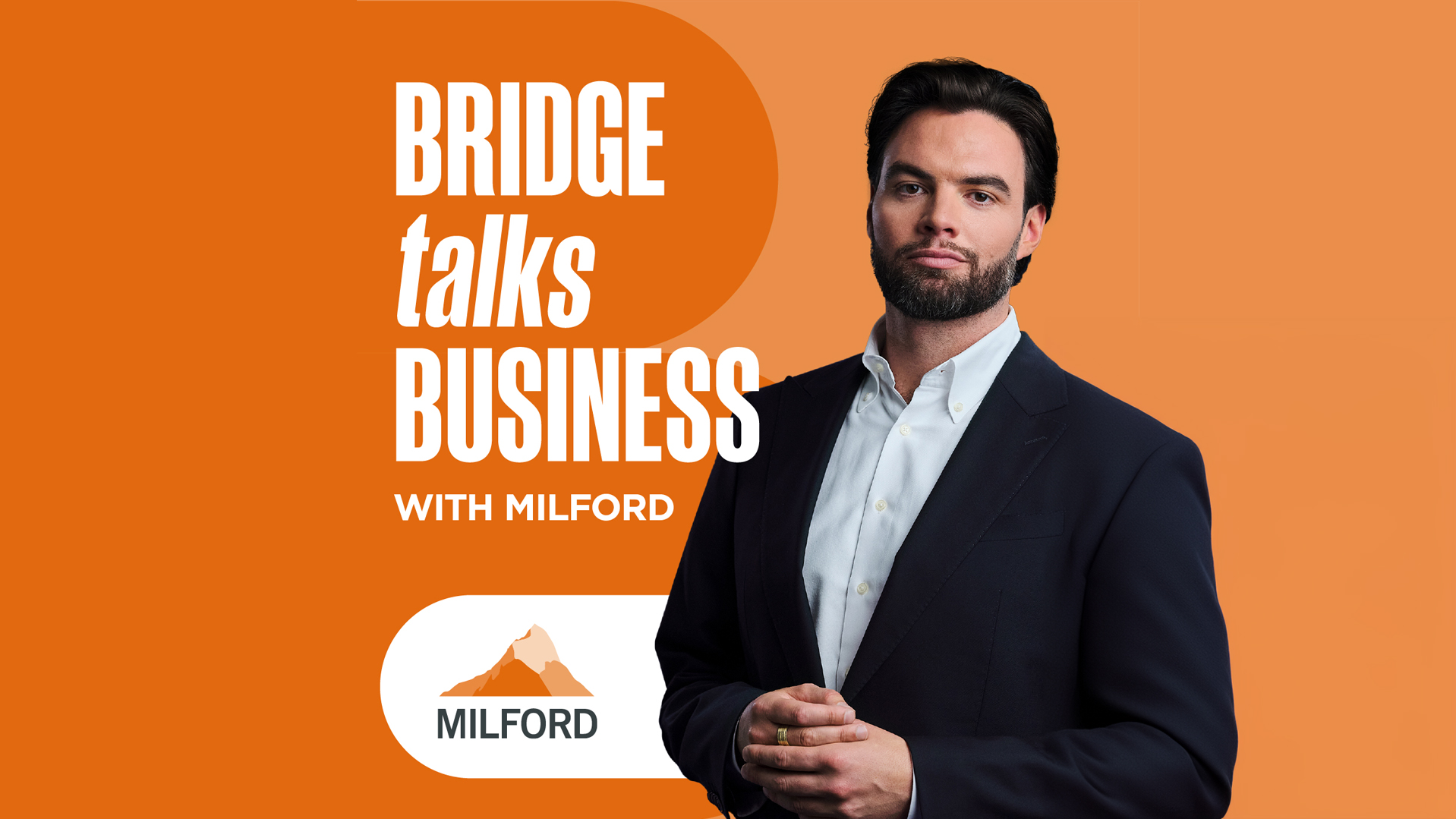Amazon is an impressive company. It is a major player in two long term global growth themes, online shopping, and cloud computing.
Cloud computing is the hosting of shared IT systems that is made available by companies such as Amazon for hire by the hour – a significant innovation that lowers the cost of starting and running organisations. Amazon’s advertising business, which is built on the popularity of its websites, is also beginning to rival online advertising incumbents Google and Facebook.
Since its listing in 1997, Amazon’s shares have generated US$1.6tn in value for its shareholders, equivalent to adding NZ$100bn in market value every year. By virtue of it being a public company, you too have likely benefited from its rise through your investment fund or Kiwisaver investments.
Investors intuitively think “high growth” upon hearing tech, internet, or the Nasdaq. But that is only half the story. Yes, Amazon grew sales 38% last year and was profitable when global economies retracted, helped by the pandemic-led change in consumption from physical stores to online. But the more important metric is its average annual growth rate of 27% for the past 10 years – a long period of high growth.
That is well and good, but will Amazon continue to shine? How do we find other Amazons?
The short answer is – it can if it continues to innovate and attack large opportunities.
Recently, founder and outgoing CEO Jeff Bezos touched on two key business (and life) ideas central to value creation in his recent letter to shareholders:
- “Create More than You Consume”
Bezos referenced net income to shareholders of $21bn in 2020 but income to employees (via salaries and benefits) a staggering $91bn. Furthermore, the biggest slice is the value created for Amazon’s shoppers and partner sellers from convenience (time value), speed (more competitive businesses) and incremental sales, estimated at $190bn. All in, the company claims it creates total value of $300bn a year.
But the point is that a company’s impact and value creation go far beyond its profits for shareholders; profits should only be a fraction of the total ($21bn out of $300bn). This adherence to driving win-win situations (or customer obsession as Amazonians prefer) ensures a business stays relevant to its customers and does not over-earn at the expense of its people, partners, and customers.
It is a sensible notion, although difficult to incentivise for in practice. Listed companies, in particular are subject to regular scrutiny and try to meet relatively short term, financial targets.
There is constant pressure to wring costs and extract pricing from customers. To encourage an owner’s customer centric mentality and long-term thinking, Amazon’s bonus scheme prioritises share awards (rather than cash) over long vesting periods, and the awarding of these benefits is NOT tied to performance goals – a counterintuitive point that leads neatly to the second idea. The point being innovation requires experimentation, which will have its share of failures, and tying bonuses to proxies for success can hinder experimentation. “If you know it’s going to work, it is not an experiment.”
- “Differentiation is Survival and the Universe Wants You to be Typical”
Amazon has always been non-traditional in a lot of ways. They:
- don’t have presentations
- only have silent memo reading followed by discussion in internal meetings
- focus on investing to maximize long term cash flows when Wall Street prefers short-term profits and cash returns to shareholders
- emphasize experimentation when others simply stick to core competencies
- follow the above-mentioned compensation philosophy at a time when bench marking and performance incentives have been common.
But the point seemingly goes beyond management philosophy. In his letter, Bezos calls it a lesson of “utmost importance” and quotes evolutionary biologist Richard Dawkins’s observation that when animals and plants die their temperature, acidity, and water content revert to that of the surroundings – in nature, being alive means having the energy to be distinct from your environment.
The parallel, I suppose, is that a strong company will be clearly differentiated from its weaker peers in terms of product, service, and brand – it will have more compelling proprietary offerings. Just as an enterprising active fund manager will have a portfolio that is different to the market (and the stock picks should meaningfully outperform), in life, you are better off to be your authentic self rather than to be typical.
While the headline reads like an embrace for diversity and inclusion, the actual message is more poignant.
“We all know that distinctiveness – originality – is valuable. We are all taught to “be yourself.” What I’m really asking you to do is to embrace and be realistic about how much energy it takes to maintain that distinctiveness.”
“…Being yourself is worth it, but don’t expect it to be easy or free. You’ll have to put energy into it continuously.”
There is a cost to maintain leadership in a competitive world. It requires continuous investment and a deliberate effort to resist the competition and to stay ahead. Social pressures can moderate the views you share with others when saying what you really think in a respectable way is more valuable for everyone.
Conclusion
It is this level of awareness and thoughtfulness that might allow Amazon and like-minded companies to continue to be outliers and deliver substantial returns over time
But it is no guarantee – there are unknowns, and the past may not be a predictor of the future. Continuous monitoring is required. Our investment mindset is one of being forward looking with few assumptions, and as Bezos has immortalised, “it remains Day 1” – there is much opportunity ahead.


